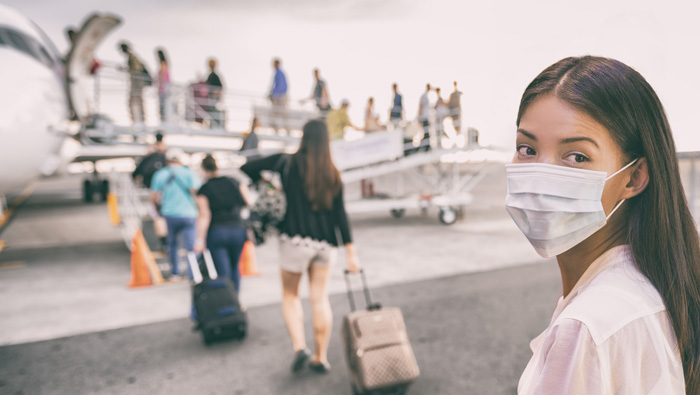
Muscat: Citizens and expatriates who feel they might have symptoms of the novel coronavirus (COVID-19) are requested to follow the instructions listed by Oman’s Ministry of Health to find out if they do actually have the disease, as well as what to do to stop it from worsening.
Read also: Pharmacy closed down in Oman
“Go to the nearest health institution to take advice and treatment, and begin to wear your medical mask,” said the Ministry of Health in an advisory. “Avoid direct contact with others and follow the procedures required for a home medical quarantine. Follow preventive measures such as wearing masks and washing your hands, and avoid crowded place for a period of no less than 48 hours after the disappearance of symptoms.”
According to the Ministry, there have been four confirmed cases of COVID-19 reported in the Sultanate. Instructions that are required to be followed by those who have the disease, as well as their caregivers, have also been released.
“Infected people must not leave home, unless they have confirmed the initial results that show a negative test for the disease,” said the Ministry statement. “Elderly and disabled people are recommended to not provide healthcare to patients as they are more likely to be infected. If you have interacted with those who are infected, come to public places only 14 days after your last contact with the patient. Avoid using public transportation and move patients through private cars with the windows kept open.”
Meanwhile, Dr Ahmed Al Mandhari, who serves as the Regional Director for the WHO’s Regional Office for the Eastern Mediterranean (EMRO), held a meeting with healthcare officials from countries in the region, in which he charted the measures that need to be followed to stop the spread of COVID-19.
“We will maintain transparency in handing information about COVID-19 and will continue to work closely with ministries of health and partners to enhance outbreak preparedness and response capacity,” he said. “We will also educate communities on how to protect themselves from COVID-19.”
“Although there are confirmed case reports from the region that may cause concern, these also highlight a positive aspect by showing that existing systems for detecting and responding to potential situations are working effectively,” added Al Mandhari.
During the meeting, he also asked people to not show prejudice against or fear of those suffering from the disease, and requested a stop to the spreading of rumours around COVID-19.
“Unfortunately, we hear a lot of messages being circulated, which are not only false, but can have negative consequences for people’s health and recovery,” said Al Mandhari. “We are also witnessing a lot of stigma and discrimination against the affected people and countries. This must stop now!”
The WHO’s EMRO serves 22 territories, including Afghanistan, Bahrain, Djibouti, Egypt, Iran, Iraq, Jordan, Kuwait, Lebanon, Libya, Morocco, Oman, Pakistan, Palestine, Qatar, Saudi Arabia, Somalia, Sudan, Syria, Tunisia, the UAE and Yemen. To help prevent the spread of coronavirus, and to help those who are infected.